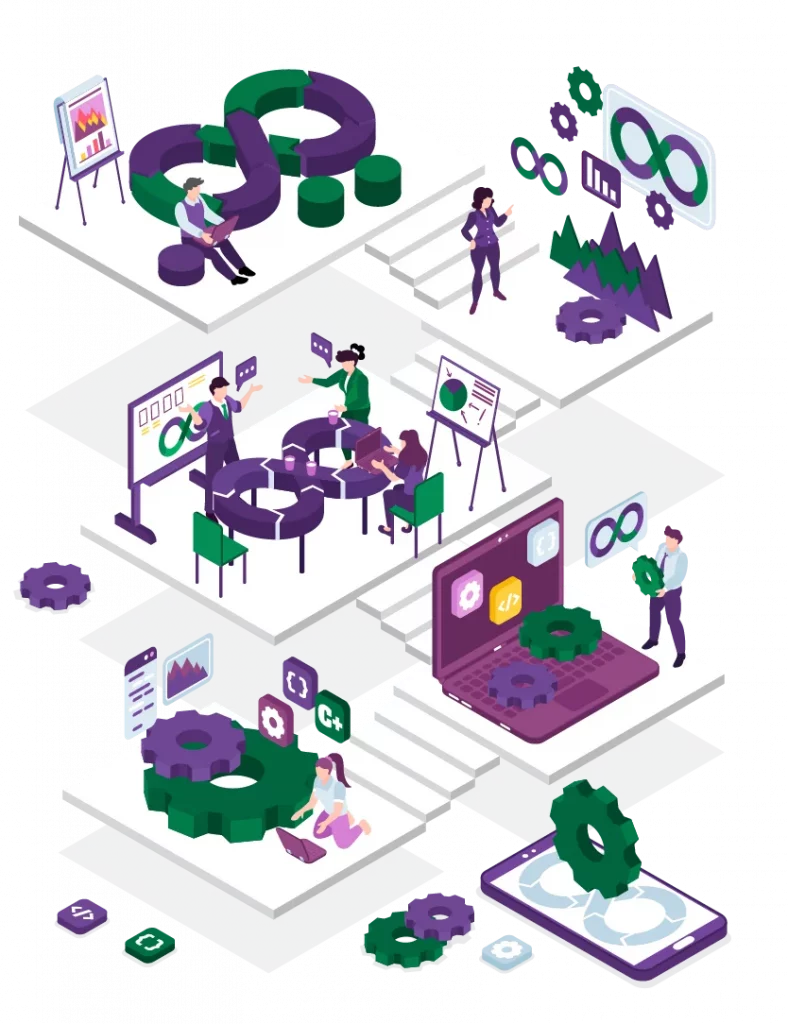
ERP systems integrate and optimize business processes to promote efficiency. Organizations can make data-driven decisions and adapt to changing business landscapes with an essential tool for modern businesses. ERP enhances productivity, agility, and competitiveness.
The core functionalities of the system include:
One core function includes managing financial transactions with a general ledger, accounts payable/receivable, budgeting, and financial reporting. Finance and accounting modules contain:
- Financial data.
- Ensuring accuracy compliance.
- Streamlining financial processes.
- Improving efficiency.
- Contributing to better financial management and strategic planning.
The ERP system manages human resources by handling employee information, payroll, benefits administration, recruitment, Training, and performance evaluation. The HR module in an ERP system automates workforce management, talent acquisition, development, and compliance. HR modules can efficiently manage the workforce and optimize employee performance and business objectives.
ERP system streamlines inventory management, production planning, inventory management, quality control, and supply chain operations. Manufacturing and production modules ensure efficient utilization of resources, maintaining quality standards and quality control, improving productivity, reducing costs, and enhancing overall operational efficiency in the manufacturing environment.

An on-premises ERP (Enterprise Resource Planning) is deployed on the organization’s premises. The ERP software is purchased, installed, and maintained on the company’s servers and hardware infrastructure.
Cloud-based ERP in UAE systems offer centralized and integrated solutions for managing various business functions and operations hosted on remote servers and accessed via the Internet. It offers several advantages over traditional on-premise ERP solutions.
Setting up an Enterprise Resource Planning (ERP) system requires various steps. This is significant for smooth erp implementation in UAE.
